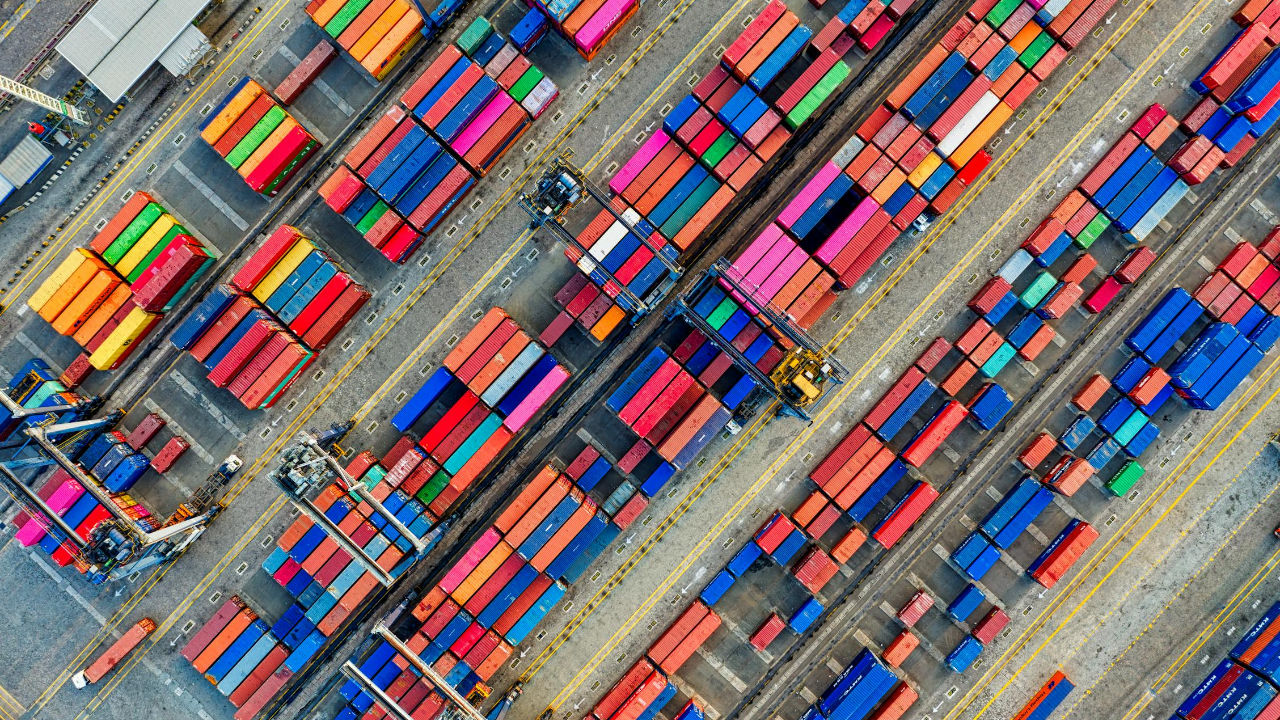
The E-1 Treaty Trader Visa allows nationals of certain treaty countries to enter the United States for the purpose of conducting substantial trade between the U.S. and their home country. A key requirement for this visa is that the trade must be primarily between the United States and the treaty country itself.
This raises an important question: what happens if the goods originate from a non-treaty country and are only routed through a treaty country before entering the United States?
Trade Origin Matters for E-1 Visa Eligibility
In practice, this scenario can be problematic. For example, if goods are manufactured in a non-treaty country like China and then briefly pass through a treaty country before reaching the U.S., the substance of the trade relationship comes into question.
Even if the goods physically pass through a treaty country, U.S. immigration officials may not view this as genuine trade between the treaty country and the United States. Instead, they may determine that the trade is actually occurring between the U.S. and the non-treaty country—which does not satisfy E-1 visa requirements.
Why Routing Through a Treaty Country Isn’t Enough
The E-1 visa is designed to support direct and ongoing trade between the U.S. and a treaty country. Simply transiting goods through a treaty country does not establish this relationship. In many cases, the goods:
- Originate in a non-treaty country
- Undergo limited or no modification in the treaty country
- Are shipped to the U.S. after only minimal handling
In such situations, immigration officers may reasonably conclude that the treaty country is being used as a stopover, rather than a true party to the trade. This undermines the foundation of the E-1 visa.
Conclusion: Ensure Trade Is Directly Between Treaty Country and U.S.
To qualify for an E-1 Treaty Trader Visa, it is essential that the trade be clearly and directly between the treaty country and the United States. If the goods are substantially manufactured or controlled by a non-treaty country, and the treaty country serves only as an intermediary, your E-1 visa application is likely to be denied.
Before proceeding with an E-1 visa petition, carefully evaluate the origin, handling, and ownership of goods to ensure that the trade relationship meets all visa requirements. If you are unsure if your trade qualifies for the E-1 visa, schedule a consultation with our immigration attorneys today to evaluate your eligibility and avoid costly mistakes.